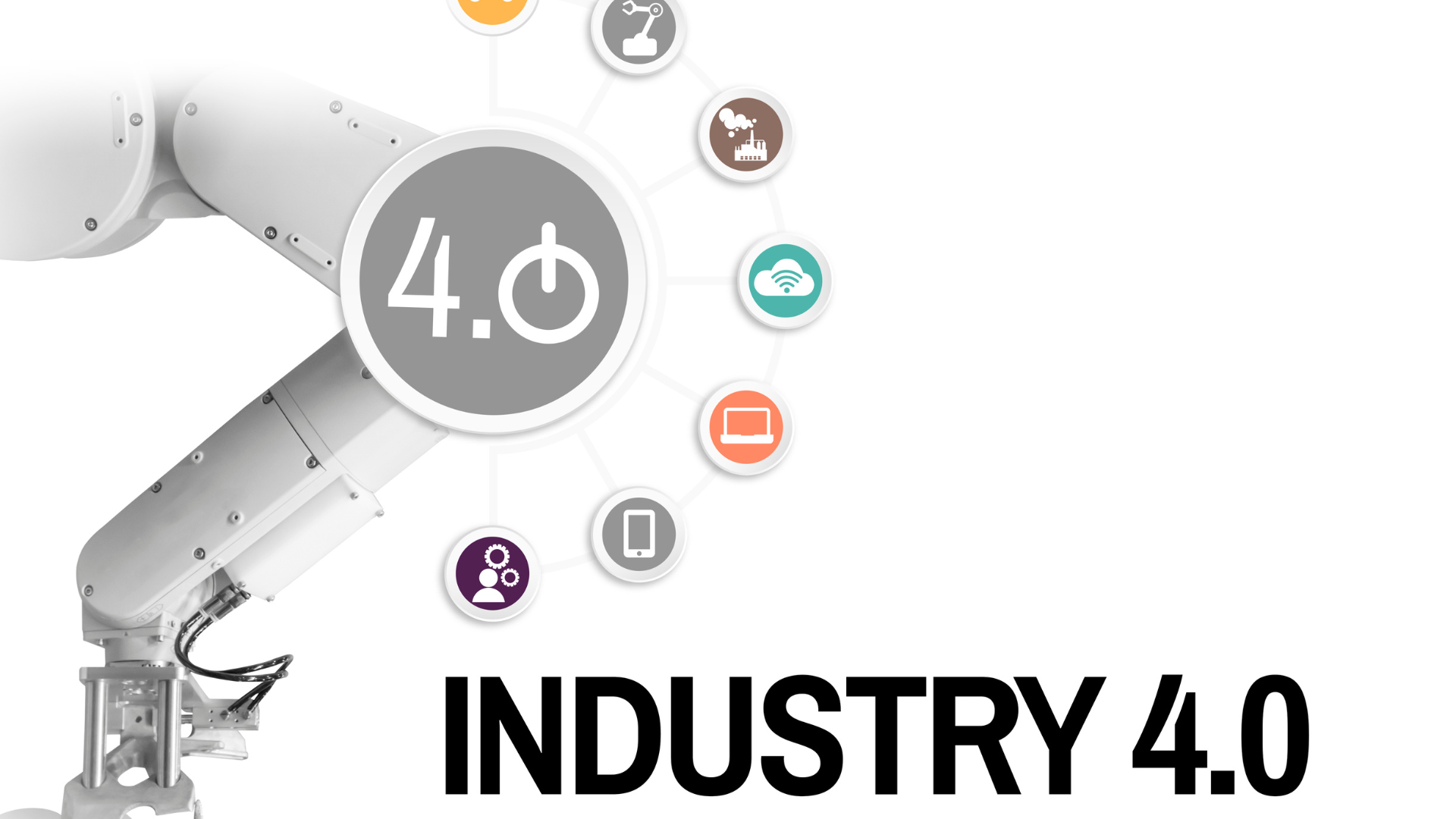The advantages and benefits of Industry 4.0 in the supply chain are not just numerous, but truly remarkable. This groundbreaking technological revolution is reshaping the way supply chains operate, ushering in a new era of efficiency, productivity, and profitability. From streamlined logistics and real-time data analytics to autonomous systems and predictive maintenance, Industry 4.0 is revolutionizing every aspect of the supply chain landscape. Embracing this transformative technology is not just an option anymore; it's an imperative for businesses that want to stay competitive in today's fast-paced global marketplace. So don't miss out on the extraordinary benefits that Industry 4.0 brings to the supply chain; seize this opportunity to gain a significant edge over your competitors and propel your business towards unparalleled success! It is without a doubt that the utilization of this technology allows for a substantial increase in productivity through its remarkable automation capabilities. By automating various processes and tasks, businesses can streamline their operations, reduce manual efforts, and allocate valuable resources to more critical areas. Furthermore, with the implementation of predictive maintenance and optimization workflows, organizations can achieve improved operational efficiency by proactively identifying potential issues before they become problematic. This not only saves time but also minimizes downtime and ensures smooth workflow operations. Rest assured, the benefits of embracing this technology are undeniable when it comes to boosting productivity and optimizing operational efficiency in any business setting. The utilization of real-time data analytics has proven to be an invaluable tool in enabling exceptional decision-making within businesses. By harnessing the power of up-to-the-minute data insights, organizations are able to make informed choices that not only optimize efficiency but also significantly drive down costs. Furthermore, this advanced technology has a direct impact on customer satisfaction levels, as it allows businesses to identify and address pain points in real-time, therefore ensuring a seamless and gratifying experience for all customers.
What does Industry 4.0 Mean in Supply Chain?
What does Industry 4.0 Mean in Supply Chain?
Industry 4.0 is an incredibly significant term that encompasses the fourth industrial revolution, which marks a groundbreaking shift in the business landscape. It is characterized by the seamless integration of cutting-edge technologies into every facet of the supply chain, revolutionizing the way businesses operate and unlocking unprecedented levels of efficiency, productivity, and profitability. This transformative era signifies a bold leap forward that empowers organizations to embrace automation, artificial intelligence, robotics, IoT, and other innovative tools to optimize their operations and stay ahead of the competition in this fast-paced digital age. The realm of technology has witnessed a remarkable transformation in recent times, where groundbreaking advancements have taken place in various domains. This includes cutting-edge technologies like automation, robotics, artificial intelligence (AI), the Internet of Things (IoT), and big data analytics. These technological marvels are reshaping industries across the board and revolutionizing the way we live and work.

The groundbreaking concept of Industry 4.0 is dedicated to revolutionizing the manufacturing sector by harnessing cutting-edge technologies in order to create manufacturing processes that are not only smarter, but also significantly more efficient. By embracing the power of these advanced technologies, companies can expect to witness a remarkable increase in productivity, optimize resource utilization, and drive overall operational excellence. The concept of digitization and connectivity within the supply chain is absolutely crucial in today's fast-paced business environment. It entails the seamless integration of machines, systems, and processes to ensure real-time data collection and analysis. This approach empowers businesses to make informed decisions based on accurate and up-to-date information, leading to enhanced operational efficiency, improved productivity, and ultimately, greater profitability. Embracing this transformative technology is imperative for organizations that strive to stay ahead of the competition in an increasingly digital landscape.
The advent of Industry 4.0 technologies has completely revolutionized the manufacturing landscape, leaving no room for doubt. Smart factories, which are a prime example of this cutting-edge innovation, have the remarkable capability to autonomously adapt production levels in response to fluctuations in demand. As if that wasn't impressive enough, the implementation of self-optimizing production lines takes it up a notch by continuously enhancing performance and efficiency without human intervention. It's crystal clear that these technological advancements have ushered in a new era of manufacturing excellence.
I must emphasize the significance of understanding that Industry 4.0 transcends the boundaries of mere manufacturing. It encompasses and revolutionizes multiple sectors, such as logistics, transportation, warehousing, and retail. The implications it carries are profound and have the potential to reshape entire industries by introducing advanced technologies and data-driven approaches to enhance efficiency, productivity, and profitability. It is crucial for businesses across diverse sectors to recognize the transformative power of Industry 4.0 and embrace its possibilities for sustainable growth and competitive advantage.
In conclusion, it is crystal clear that Industry 4.0 represents a monumental paradigm shift in the way we approach supply chain management. By intelligently harnessing cutting-edge technologies, it empowers us to optimize processes, boost productivity, and unleash innovation across diverse industries. The impact of Industry 4.0 cannot be overstated as it revolutionizes the very core of how we conduct business in this rapidly evolving world.
You might also like




